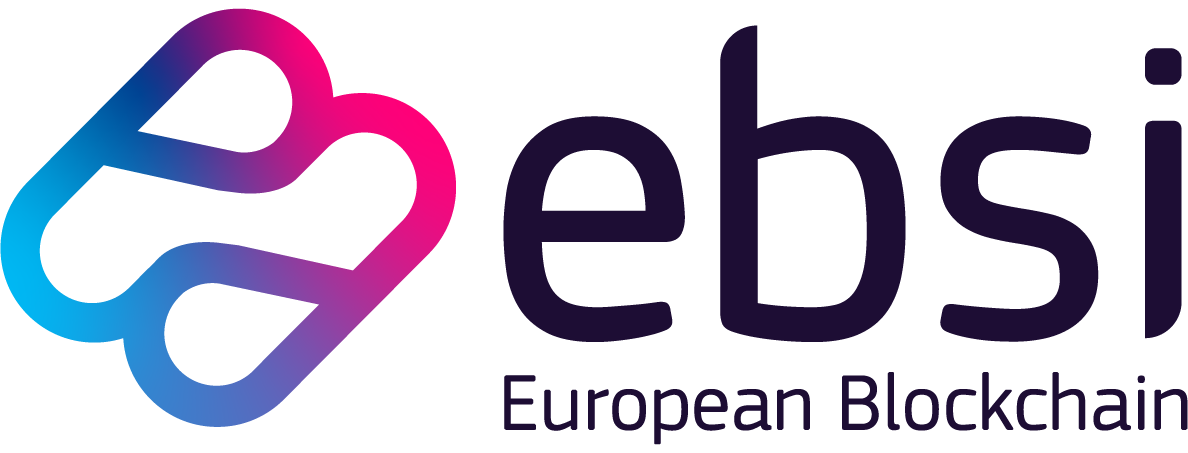About us
Welcome to the European Blockchain Service Infrastructure (EBSI) - a joint initiative founded by the European Commission and Member States, aimed at creating a blockchain-based digital infrastructure for the public sector across Europe. Member States and other countries were initially represented through the European Blockchain Partnership (EBP). A new governance structure is now being put in place with the creation of a new legal entity, EUROPEUM-EDIC, which brings together a group of Member States that will accompany the evolution of EBSI in its production phase.
EBSI's vision is to build a secure, trusted and resilient infrastructure that enables public services to operate more efficiently, transparently and cost-effectively. EBSI is funded by the Digital Europe Programme (DIGITAL), an EU funding programme focused on bringing digital technology to businesses, citizens and public administrations.

Governance and Coordination
EUROPEUM-EDIC is a new legal entity, created in May 2024 through a European Commission decision with a mandate to take over the governance of EBSI and set the necessary conditions for the infrastructure to go into Production. The Member States currently part of EUROPEUM-EDIC are currently Belgium, Croatia, Cyprus, Greece, Italy, Luxembourg, Poland, Portugal, Romania, Spain and Slovenia. Other countries can join EUROPEUM-EDIC as a Member or Observer.
This new legal entity is foreseen to take over the governance of EBSI from the European Commission and the European Blockchain Partnership (EBP), which initially coordinated the development of the European Blockchain Services Infrastructure (EBSI).
While the transition is still in progress, and is expected to be concluded in 2025, from the European Commission’s side, DG CNECT is acting as the project owner and the technical implementation and support is being handled by DG DIGIT. After the transition, EBSI will be able to move to its production phase, pending to a decision of Europeum-EDIC.
Fred Romero from Paris, France, CC BY 2.0
DG CNECT
The coordinating body acting as the solution owner
Fred Romero from Paris, France, CC BY 2.0
DG DIGIT
The service provider in charge of technical implementation
EUROPEUM-EDIC
The new legal entity taking over the governance of EBSI

Community and Participants
EBSI is built on a community-driven approach, with active participation from various stakeholders including Node Operators and Early Adopters.
Node Operators are responsible for running and maintaining the network, while Early Adopters are public sector organisations that are using EBSI to pilot projects to address specific business or governmental use cases involving the exchange of verifiable credentials.
EBSI figures
Deployment of EBSI network
29
Operating nodes
number of compliant nodes operating in the EBSI network
Adoption of EBSI
136
Early adopters
number of early adopters enrolled in the pilot environment
Our history & context
2018
Digital Europe Programme
2019
EBSI kick off
2020
First EBSI prototype
2021
Early Adopters Programme
2022
A ready-to-use infrastructure
2023
EBSI Beta

Apply for an EU grant
Discover open calls for proposal that are relevant for projects who want to work on or with EBSI, its use cases, its node network, or research into blockchain innovation.















